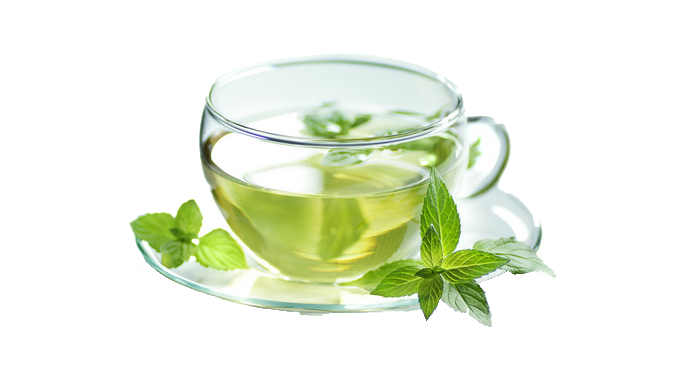Green tea, esp. fermented, may prevent weight gain
Nov
28
In their study, it was revealed that EGCG-treated rats showed a dramatic decrease of Clostridium spp. and an increase of Bacteroides in feces. Moreover, Chang et al. of China Pharmaceutical University (see source detail below) reported that a water extract of Ganoderma lucidum (Curtis) P. Karst. (WEGL) prevented weight gain and fat accumulation in HFD-induced obese mice. Furthermore, endotoxemia and insulin resistance were found to be improved by WEGL for the modification of gut dysbiosis. The F/B ratio and levels of endotoxin-bearing Proteobacteria were also restored to normal levels. However, several bacteria increased (Parabacteroides goldsteinii, Bacteroides spp., Anaerotruncus colihominis, Roseburia hominis, and Clostridium), which negatively correlated with obesity. The authors suggested that WEGL or polysaccharides could be used as prebiotic agents for the treatment of obesity and modulating obesity-related metabolic disorders.
Lonicerae japonicae flos is famous for its anti-inflammatory activity and has widely been used in Asia for years. In animal studies using HFD-fed animals, administration of unfermented Flos Lonicera (UFL) or fermented Flos Lonicera (FFL) significantly reduced body weight (BW) and adipose tissue weight and decreased lipid accumulation in the liver with ameliorated serum total cholesterol, HDL, and triglyceride levels. As suggested by the authors, alterations in the relative abundance of Lactobacillus spp., Bifidobacterium spp., and B/F ratio in the intestinal tract were supposed to be one of the mechanisms of UFL or FFL. In addition, the amount of Bifidobacterium spp. in the cecal pool of HFD-induced mice was increased by pomegranate peel extract (PPE), which is known for its beneficial effects, including anti-inflammatory and antimicrobial activities.
Source: State Key Laboratory of Natural Medicines, Jiangsu Key Laboratory of Carcinogenesis and Intervention, Department of Basic Medicine, School of Basic Medicine and Clinical Pharmacy, China Pharmaceutical University, 24 Tongjiaxiang, Nanjing 210009, China.


